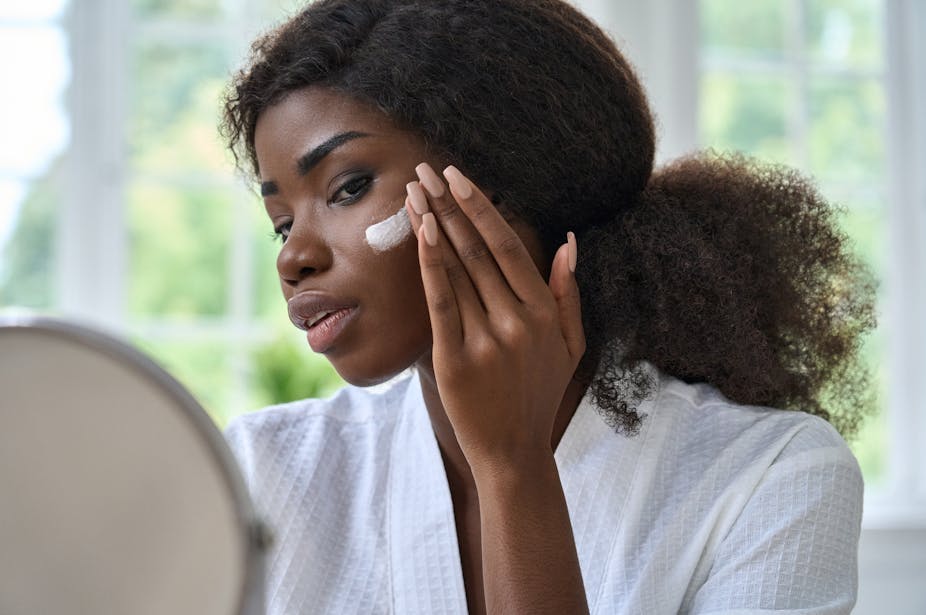Feels good to soak up some rays by the beach or pool, but your skin can absorb harmful ultraviolet rays that can cause cancer. The United States lacks advanced formula sunscreens found in Europe and other countries, but experts at Sylvester Comprehensive Cancer Center, part of the University of Miami Health System, advocate more use of the products we have. It’s especially relevant in Florida, the sunshine state, which has the nation’s second highest cancer burden, according to health officials, and record heat drives people to pools and beaches.

“Americans have less choices in sunscreen compared to other countries. We’d really like to get some of the European sunscreens to the United States. It will give us more and better options for our patients.
- About one in five Americans will contract skin cancer
- U.S. sunscreen formulas are safe and effective, if used properly
- Apply sunscreen thick, about the width of a dime, before going in the sun“, said Robert S. Kirsner, a dermatologist at Sylvester and Chair and Harvey Blank Professor at Dr. Phillip Frost Department of Dermatology and Cutaneous Surgery at the University.
“Sunscreens we have in the United States are safe and protective. The products are really effective and protective in preventing sunburn and skin cancer. Beachgoers, boaters and bathers need to apply sunscreen liberally and often.
- Ultraviolet radiation from the sun causes sunburn, brown age spots, wrinkles and skin cancer.
- Use broad spectrum formula sunscreen, at least SPF 30. Reapply once per hour if swimming or sweating.
- Sun intensity is magnified for people recreating by water or on sandy beaches,” said Jennifer Tang, a dermatologist and cutaneous malignancies group co-leader at Sylvester.
“Cancer patients should take extra precautions when outdoors in the sun, including wearing protective layers like big hats and UVF-protective clothing while avoiding exposure during the hottest time of day. Immunotherapy or chemotherapy can increase a patient’s sensitivity to sunlight. Even when using sunscreen, they can still get a sunburn.
- Sunshine can trigger “radiation recall reaction,” causing sunburn-like inflammation on parts of the body that received treatment.
- Cancer patients in particular need to hydrate using electrolyte drinks while outdoors.
- Everyone should get an annual skin cancer screening with a dermatologist,” said Shasa Hu, M.D., dermatologist and clinical service leader of dermatology at Sylvester.
Other posts featuring Sylvester Comprehensive Cancer Center.


